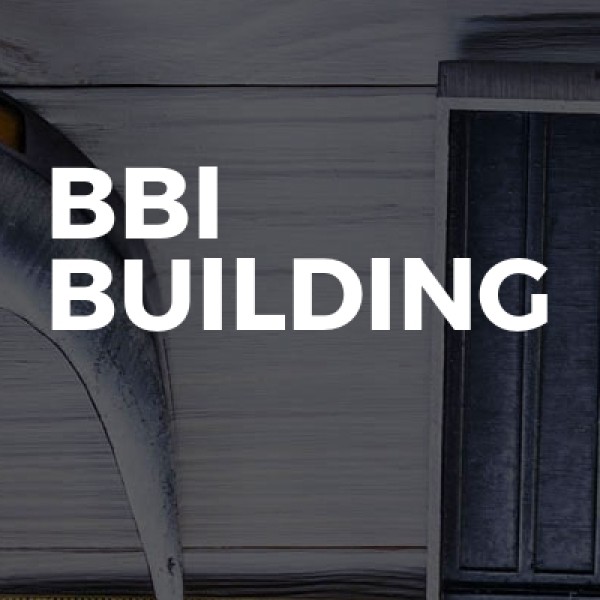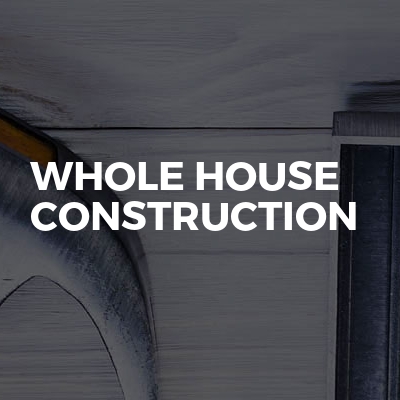Loft Conversions in Cheltenham
Filter your search
Post your job FREE and let trades come to you
Save time by filling out our simple job post form today and your job will be sent to trades in your area so you can sit back, relax and wait for available trades to contact you.
Post your job FREESearch Loft Conversions in places nearby
Understanding Loft Conversions in Cheltenham
Loft conversions in Cheltenham have become a popular choice for homeowners looking to maximise their living space without the hassle of moving. With the town's charming architecture and vibrant community, converting a loft can add both value and comfort to your home. In this article, we'll explore the ins and outs of loft conversions, providing you with the knowledge you need to make an informed decision.
What is a Loft Conversion?
A loft conversion involves transforming an unused attic space into a functional room. This could be a bedroom, office, or even a playroom. It's an excellent way to utilise the space you already have, especially in a town like Cheltenham, where property prices can be steep. By converting your loft, you can increase your home's value and improve your quality of life.
Types of Loft Conversions
There are several types of loft conversions, each with its own benefits and considerations. The most common types include:
- Dormer Conversion: This involves adding a dormer window to create more headroom and space.
- Velux Conversion: Utilises existing roof space with skylights, ideal for homes with ample headroom.
- Mansard Conversion: Involves altering the roof structure to create a flat roof with a back wall sloping inwards.
- Hip-to-Gable Conversion: Extends the roof by replacing the sloping side with a vertical wall.
Benefits of Loft Conversions
Loft conversions offer numerous benefits, making them an attractive option for homeowners. These benefits include:
- Increased Living Space: A loft conversion can provide an additional room without the need for an extension.
- Added Property Value: Homes with loft conversions often see a significant increase in market value.
- Cost-Effective: Compared to moving house, a loft conversion is a more affordable way to gain extra space.
- Customisation: You can tailor the space to suit your needs, whether it's a home office or a guest bedroom.
Planning Permission and Building Regulations
In Cheltenham, most loft conversions fall under permitted development rights, meaning you won't need planning permission. However, there are exceptions, especially if your property is in a conservation area or is a listed building. It's crucial to check with the local council before starting any work.
Building regulations, on the other hand, are mandatory. These ensure the safety and structural integrity of your conversion. Key areas covered by building regulations include fire safety, insulation, and structural stability.
Choosing the Right Loft Conversion Specialist
Selecting a reputable loft conversion specialist is essential for a successful project. Look for professionals with experience in Cheltenham, as they'll be familiar with local regulations and architectural styles. Ask for references, check reviews, and ensure they have the necessary certifications and insurance.
Cost of Loft Conversions in Cheltenham
The cost of a loft conversion in Cheltenham can vary widely depending on the type of conversion, the size of the space, and the materials used. On average, you can expect to pay between £20,000 and £50,000. It's wise to obtain multiple quotes and ensure they include all aspects of the project, from design to completion.
Design Considerations for Your Loft Conversion
When planning your loft conversion, consider how you'll use the space. Think about lighting, storage, and access. Skylights can brighten the area, while built-in storage can maximise space. Ensure there's easy access, whether through a staircase or a ladder, and consider the impact on the rest of your home.
Common Challenges and Solutions
Loft conversions can present challenges, such as limited headroom or awkward layouts. However, these can often be overcome with clever design solutions. For instance, a dormer conversion can add headroom, while bespoke furniture can make the most of awkward spaces.
Environmental Considerations
With growing awareness of environmental issues, consider incorporating eco-friendly features into your loft conversion. Use sustainable materials, install energy-efficient windows, and ensure proper insulation to reduce energy consumption and lower your carbon footprint.
Legal and Insurance Considerations
Before starting your loft conversion, inform your insurance provider, as the work may affect your policy. Additionally, if your home is semi-detached or terraced, you'll need to comply with the Party Wall Act, which involves notifying your neighbours of the work.
Timeline for Loft Conversions
The timeline for a loft conversion can vary depending on the complexity of the project. On average, a straightforward conversion can take 4 to 6 weeks, while more complex projects may take longer. Ensure your contractor provides a detailed timeline and keeps you updated on progress.
Financing Your Loft Conversion
Financing a loft conversion can be achieved through various means. You might use savings, a home improvement loan, or remortgage your property. It's important to consider the long-term financial implications and ensure you choose an option that suits your circumstances.
Maintaining Your Loft Conversion
Once your loft conversion is complete, regular maintenance is key to ensuring it remains in good condition. Check for leaks, maintain insulation, and ensure any wooden elements are treated to prevent rot. Regular maintenance will help preserve the value and functionality of your new space.
Frequently Asked Questions
- Do I need planning permission for a loft conversion in Cheltenham? Most loft conversions fall under permitted development, but it's best to check with the local council.
- How much does a loft conversion cost? Costs can range from £20,000 to £50,000, depending on the type and size of the conversion.
- How long does a loft conversion take? A typical conversion takes 4 to 6 weeks, but complex projects may take longer.
- Will a loft conversion add value to my home? Yes, a well-executed loft conversion can significantly increase your property's value.
- Can I convert my loft if I live in a listed building? You may need special permissions, so consult with the local council.
- What are the building regulations for loft conversions? Building regulations cover fire safety, insulation, and structural stability, among other aspects.











